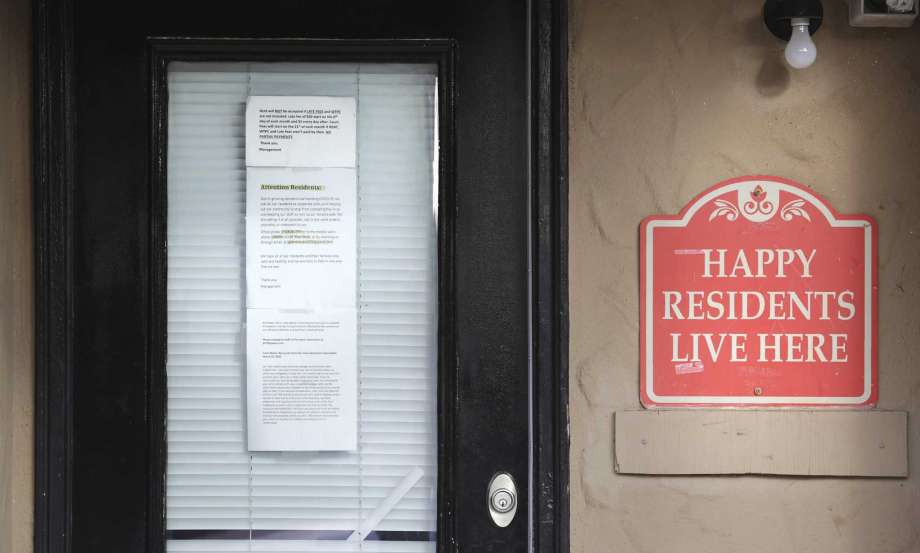Nervous market-watchers aren’t ready to call it a “housing crisis” yet, but the echoes of 2008 can already be heard. The economy has been placed in shutdown, but rent and mortgage payments are still due — and hundreds of thousands of households across Connecticut have no idea how they’ll make their next payment.
Only the federal government can provide aid at the scale necessary to prevent another housing crisis, and the window of opportunity is closing. The first stimulus bills have not provided the aid needed to prevent the mass evictions, foreclosures and homelessness that would result from a second housing crisis. As discussion on a next stimulus bill continues, the Trump administration and Congress must act to subsidize rent and mortgage payments for the millions of households that need them.
We’ve already experienced a massive economic shock as a result of coronavirus-related closings, and the economy is unlikely to fully “open up” before the summer. Over 350,000 Connecticut residents have filed for unemployment in the last month — nearly twice as many filings as there were in all of 2019. Many businesses across the state have already announced permanent closures. Rather than deluding ourselves into believing these jobs will all come back in a three-month time span, we need to build a safety net to mitigate the worst risks of a protracted recession.
Stable, healthy housing has always been a human necessity — and our economy is strongest when quality housing is affordable and accessible to all. The COVID-19 crisis makes that point even more obvious. A stable housing market is needed to guide America through COVID-19; unfortunately, early reports suggest that the current situation is anything but stable.
One report from the National Multifamily Housing Council found that over 30 percent of renters nationwide were unable to pay April’s rent in the first week of the month. Meanwhile, Reuters has reported that requests to delay mortgage payments rose by over 1,900 percent in the second half of march March.
The housing market is like an ecosystem in distress — the fates of renters, landlords and homeowners are all connected. If renters are unable to pay their rent, it increases the likelihood that rental property owners will be forced to go into foreclosure, potentially taking affordable housing units off the market forever.
To be clear, the state of Connecticut has taken extraordinary steps to ensure housing stability during COVID-19 and should be lauded for doing so. Gov. Lamont and the Legislature have worked to provide deferrals on rent and mortgage payments, a moratorium on evictions and foreclosures, and “decompression” of homeless shelters (i.e. moving homeless people to hotel rooms and affordable housing units in order to ensure proper social distancing). The state of Connecticut, working with shelter providers and property owners, has done an unbelievable amount of good on housing in the last few weeks.
But no state — not Connecticut, nor New York, Texas or California — is able to avert a housing crisis on its own. Renters and homeowners need direct financial support to stay afloat, and only the federal government can provide the resources at the scale necessary to do so. Analysis from the Urban Institute estimates that, in a “worst-case” scenario, 29 million households nationwide will need financial assistance to remain stably housed for the next six months. The price tag for doing so is $162 billion — less than half of what the government spent on small-business loans in the last stimulus package. We’ve recognized that keeping local business afloat is a good idea during an economic downturn. Keeping households afloat is just as necessary.
In more normal times, the state wisely collaborates with nonprofit providers and advocates in its efforts to end homelessness in Connecticut. Likewise, it has made investments in the billions over the last decade to finance the construction of affordable housing and the provision of mobile housing vouchers. We are far from finished in ensuring all of Connecticut is stably housed, but the state knows how to get it done and will know how to avert a COVID-19 real estate crisis. But it needs more resources than Connecticut taxpayers can provide.
Source: The Hour




